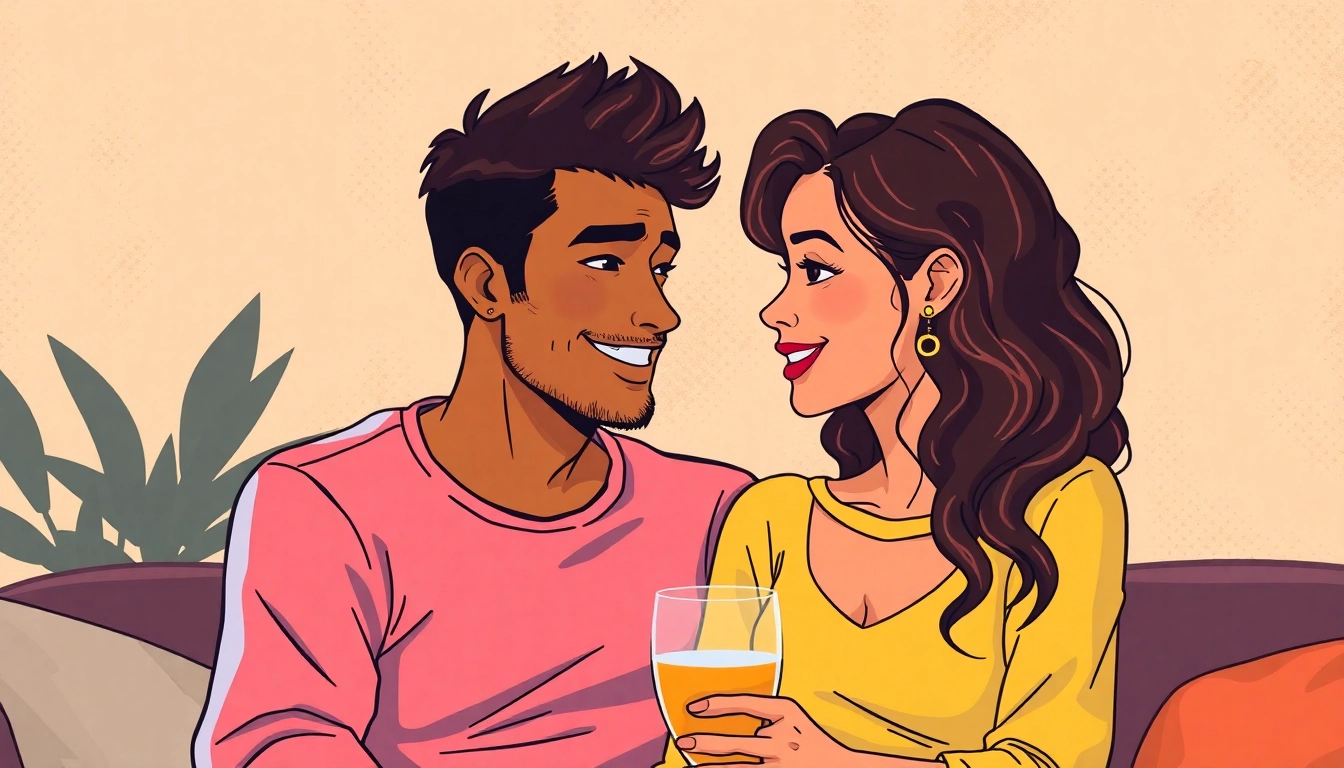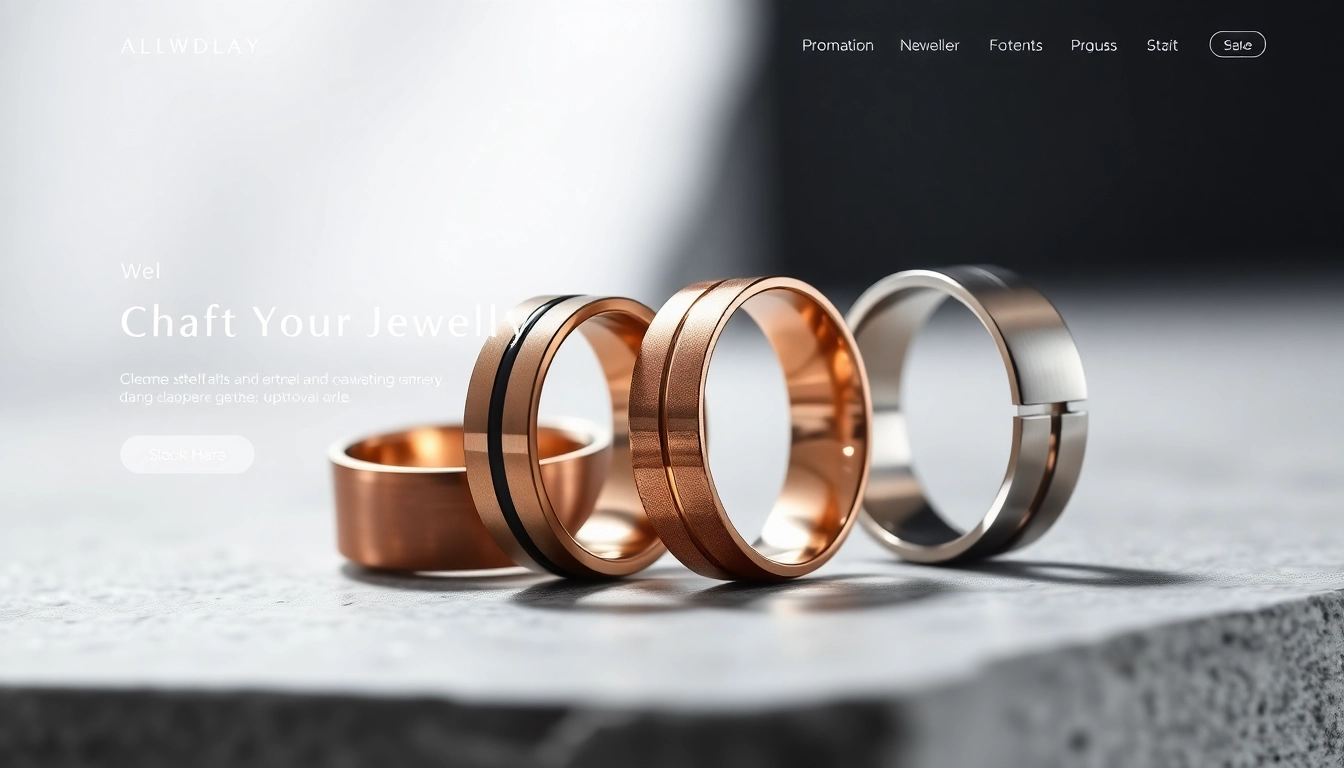Introduction
In contemporary slang and pop culture, certain terms have evolved to encapsulate complex social attitudes, identities, and humor. One such term that has gained widespread recognition—and sometimes controversy—is dilf. Originally an acronym, this word has traversed the boundaries of internet memes, social media, and mainstream entertainment, becoming a multifaceted symbol of attractiveness, confidence, and cultural nuance. Understanding what dilf means in various contexts requires not only examining its linguistic roots but also exploring its social and cultural implications. From its origins to its role in modern slang, this article delves into the evolution of the term, its pop culture presence, societal perceptions, and how technology—particularly AI-driven platforms—are now enabling more personalized and nuanced conversations around such slang terms.
What Does DILF Mean?
Breaking Down the Acronym
The term dilf is an acronym that stands for “Dad I’d Like to F*ck.” It combines elements of humor, sexuality, and admiration, often used to describe older men who are perceived as attractive. The phrase is a playful variation of the more traditional “MILF” , which emerged from similar cultural contexts. While “MILF” gained popularity through media and pop culture, “dilf” developed as a counterpart, emphasizing the appeal of fatherly figures.
Common Interpretations and Variations
Although primarily used in a sexualized context, dilf can also carry humorous or endearing connotations. It’s often used to compliment a man’s appearance, charisma, or confidence, regardless of age or parental status. Variations of the term include humorous or hyperbolic expressions such as “total dilf” or “certified dilf,” which amplify the compliment. Additionally, some communities have embraced the term in a more ironic or satirical manner, reflecting evolving attitudes toward age, attractiveness, and sexuality.
Origins and Evolution
Historical Context
While the term dilf gained widespread popularity in the early 2000s, its roots can be traced to internet culture and meme communities that thrived on humorous and provocative language. The acronym likely emerged from online forums, social media platforms, and pop culture references that played with adult themes and humor. Its initial usage was somewhat niche but quickly spread as part of the broader phenomenon of internet slang that celebrates attractiveness in unconventional ways.
How the Term Gained Popularity Online and in Media
The rise of social media platforms like Twitter, Reddit, and TikTok accelerated the spread of dilf. Memes, videos, and jokes incorporating the term proliferated, often accompanied by images of charismatic, older men who exemplified the stereotype. The term also migrated into mainstream media, with comedians, talk show hosts, and celebrities referencing it, further cementing its place in popular culture. Its versatility allowed it to be used both humorously and as a form of admiration, contributing to its widespread acceptance and usage.
DILF in Pop Culture
Examples in Movies, Music, and Internet Memes
Pop culture has played a significant role in shaping and normalizing the term dilf. In movies and television, characters have been labeled as dilfs based on their looks and charisma—think of charismatic actors in their 40s or 50s who exude confidence and attractiveness. Music videos and celebrity interviews occasionally reference the term, often in humorous or flirtatious contexts.
Internet memes have further popularized the term, with countless posts celebrating “dilf” figures—ranging from fictional characters to real-life personalities—highlighting their appeal and charm. These memes often play with stereotypes of maturity and attractiveness, blending humor with genuine admiration.
Notable Personalities Associated with the Term
Celebrities such as George Clooney, Idris Elba, and Ryan Reynolds have, in various contexts, been dubbed or characterized as dilfs by fans and media alike. Their age, combined with their charm and style, has made them internet favorites for this label. These personalities exemplify the cultural shift that embraces attractiveness across age groups and challenges traditional notions of youth-centric beauty standards.
The Social Perspective
Perceptions and Stereotypes
The term dilf carries a complex web of perceptions and stereotypes. On one hand, it celebrates masculinity, confidence, and attractiveness in older men. On the other, it can perpetuate stereotypes about aging, masculinity, and sexuality that some may find problematic or reductive. Some view the term as empowering, allowing men to be appreciated regardless of age, while others criticize it for objectifying individuals based solely on appearance and age.
Role in Modern Dating and Social Interactions
In modern dating culture, especially within online platforms and social circles, the term has become a playful or flirtatious descriptor. Dating apps sometimes feature profiles or bios referencing “dilf” to signal confidence or attract specific types of attention. The term also influences social interactions, often serving as a humorous compliment among friends or in casual conversation. However, it can also spark debates about respect, objectification, and societal standards of attractiveness.
Creating and Using AI Characters for Roleplay
CrushOn AI Platform Overview
As technology advances, platforms like CrushOn AI have emerged, offering innovative ways to create and interact with customizable AI characters. This platform enables users to develop AI personas with distinct personalities, backgrounds, and traits, facilitating immersive conversations and roleplay experiences. Whether for entertainment, creative storytelling, or social interaction, CrushOn AI provides a versatile environment for exploring various themes, including those related to attractiveness, confidence, and cultural slang such as dilf.
Customizing AI Characters with Personality and Backstory
One of the platform’s key features is the ability to customize AI characters extensively. Users can select from a library of pre-made characters or craft their own, specifying traits such as personality, appearance, interests, and even backstory. For example, a user might create a charismatic, confident father figure with a humorous streak, suitable for roleplay scenarios where themes like attraction or flirtation are explored.
These customizations allow for nuanced interactions, making conversations feel more natural and engaging. The AI’s personality can be tailored to reflect specific attitudes, humor styles, or cultural references, including slang terms like dilf, thereby enriching roleplay experiences and social simulations.
Facilitating Conversations Around Themes Like DILF
Using AI platforms such as CrushOn AI, users can engage in conversations that explore themes associated with attractiveness, confidence, and social perceptions. For instance, a user might interact with an AI character designed to embody the “dilf” archetype, prompting dialogues about attractiveness, aging, and social stereotypes. This can be particularly useful for creative storytelling, role-playing scenarios, or simply exploring cultural slang in a safe, controlled environment.
Furthermore, AI characters can serve educational or entertainment purposes, helping users understand the cultural nuances behind terms like dilf. They can simulate conversations that challenge stereotypes, promote confidence, or simply entertain with humorous banter, all while maintaining contextual memory that ensures continuity across sessions.
Conclusion
The term dilf exemplifies the fluid and evolving nature of slang, reflecting broader societal attitudes towards age, attractiveness, and masculinity. Its origins in internet culture and its proliferation through pop media have cemented its place in modern lexicon, often carrying both humorous and admiring connotations. While perceptions vary, the term continues to serve as a cultural touchstone, sparking conversations about stereotypes, confidence, and sexuality.
As technology advances, platforms like CrushOn AI are opening new avenues for exploring these themes through personalized AI characters, enabling users to engage with slang and cultural concepts in innovative ways. Whether for entertainment, education, or social interaction, AI-driven conversations around topics like dilf facilitate understanding and appreciation of the term’s multifaceted cultural significance. The ongoing evolution of slang underscores the dynamic, adaptive nature of language—an ongoing conversation that reflects our collective identity and social values.
In summary, grasping the dilf meaning involves appreciating its linguistic roots, cultural history, and the modern contexts in which it’s embraced or critiqued. As slang terms continue to evolve, so too does our understanding of the social and cultural forces that shape them.



